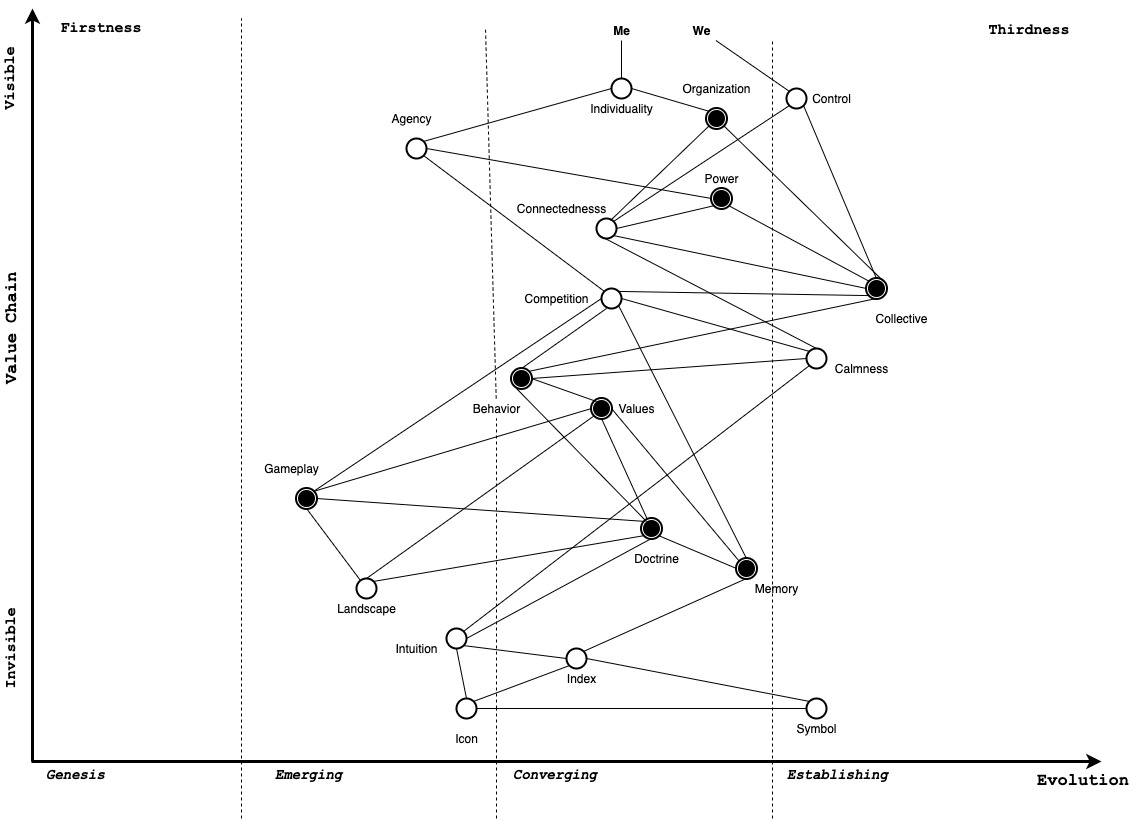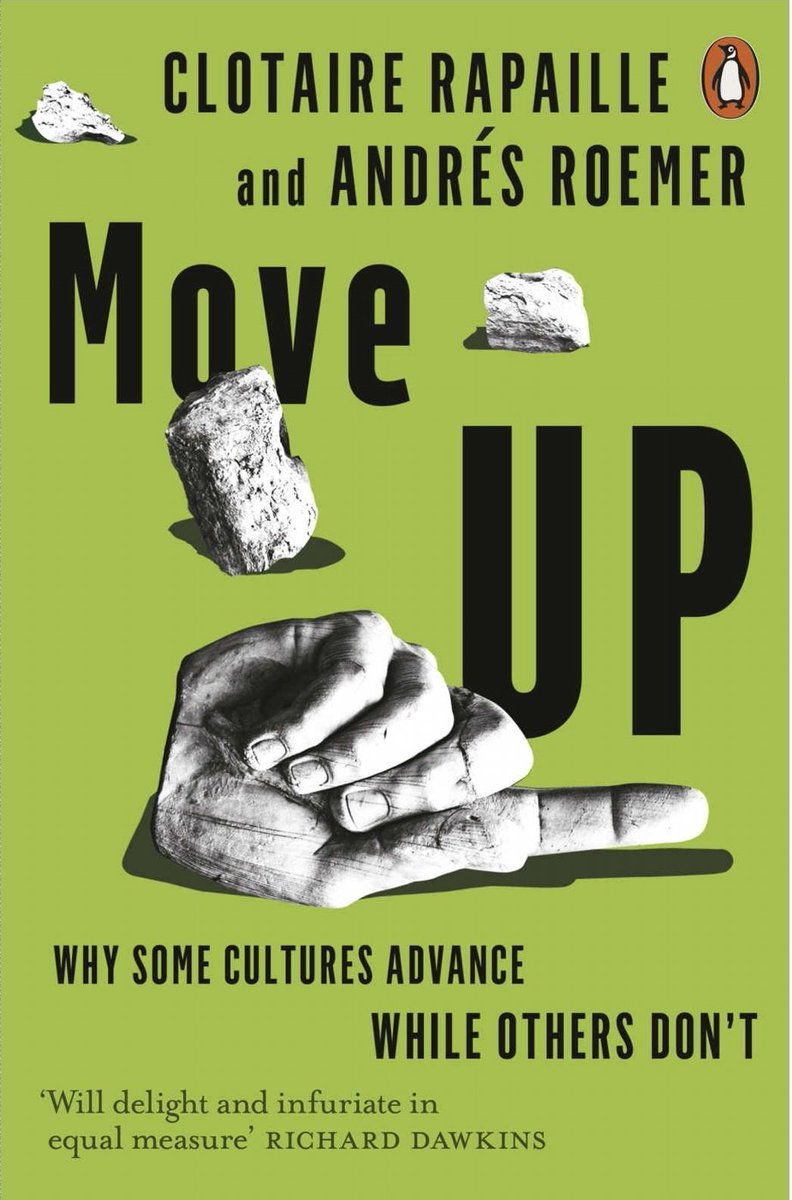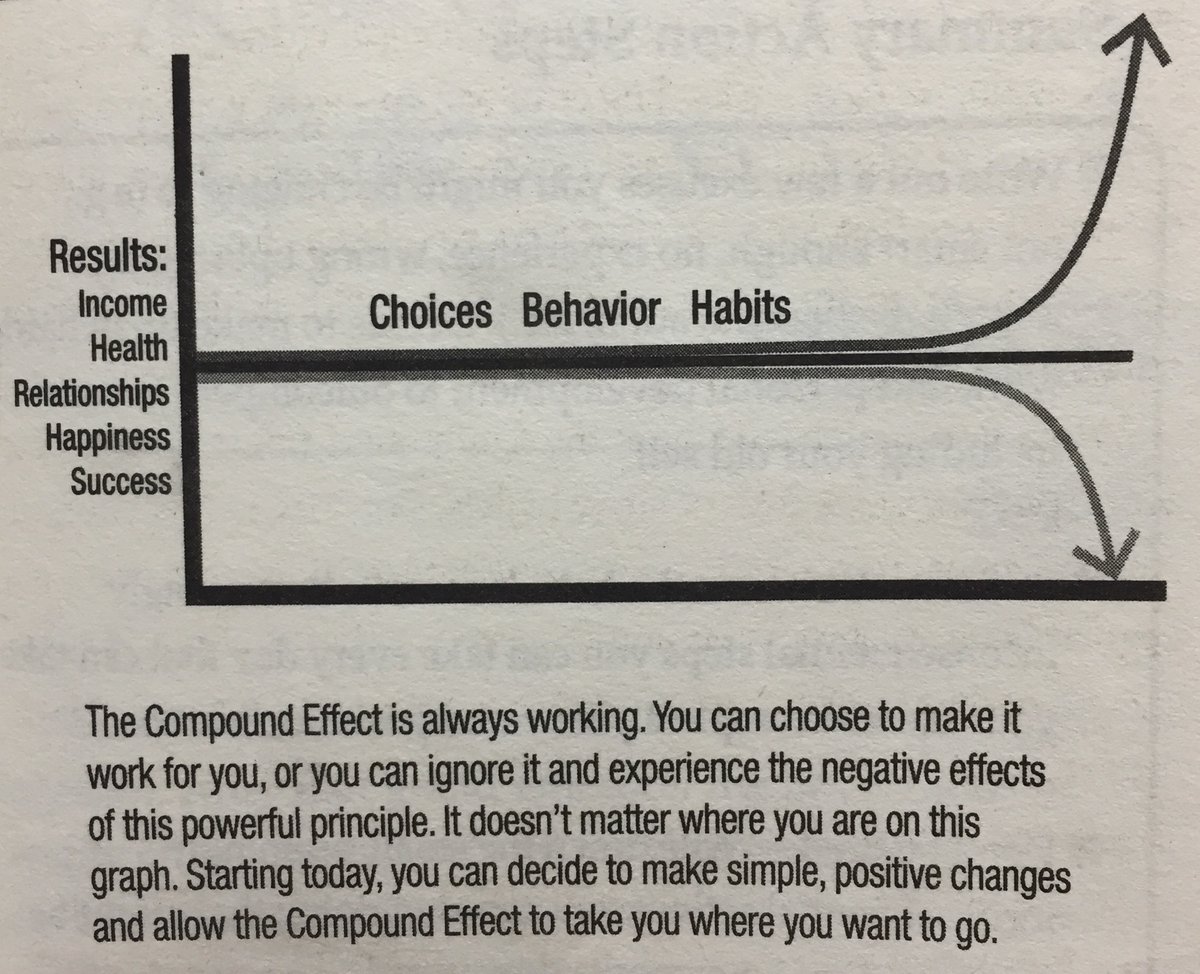A children's book written in 1954 inspired by Wiener's Cybernetics that explains some common day analog systems:
More from Carlos E. Perez
It's a very different perspective when we realize that our bodies consist of an entire ecology of bacteria and viruses that are also passed to our ancestors. Mammals rear their young and as a consequence transfer the microbiome and virome to their offspring.
What does it mean to treat our individuality as ecologies? We are all ecologies existing in other ecologies. Nature is constantly performing a balancing act across multiple scales of existence.
There are bacteria and viruses that are unique to your ancestry as that of your own DNA. They have lived in symbiosis with your ancestor and will do so for your descendants.
It is an empirical fact that the microbiome in our stomach can influence not only our own moods but also our metabolism and thus our weight and health.
It is also intriguing to know that brains evolved out of stomachs and that our stomachs contain hundreds of millions of neurons. Humans can literally think with their gut.
What is the nature of our (evolved) relationship with viruses? We are literally flooded by them. Welcome to the human virome, with harmful but also beneficial members. Great paper in @sciam "The Viruses Inside You" https://t.co/aWszsNq61d pic.twitter.com/eFsoxV4M9K
— Ricard Sol\xe9 (@ricard_sole) December 12, 2020
What does it mean to treat our individuality as ecologies? We are all ecologies existing in other ecologies. Nature is constantly performing a balancing act across multiple scales of existence.
There are bacteria and viruses that are unique to your ancestry as that of your own DNA. They have lived in symbiosis with your ancestor and will do so for your descendants.
It is an empirical fact that the microbiome in our stomach can influence not only our own moods but also our metabolism and thus our weight and health.
It is also intriguing to know that brains evolved out of stomachs and that our stomachs contain hundreds of millions of neurons. Humans can literally think with their gut.
More from Book
I've gotten a few questions about this, so let me clarify and provide as much helpful information as this medium will allow.
To begin, both of my parents are MBA's and are assertive. They taught us four kids to be assertive. 1/x
Honestly, what's the worst a publisher can do, say no? If the worst that can happen is a rejection email (and believe me I've gotten ALOT), then it's pretty "safe" to at least ask.
But there were tricks that I learned about getting books from publishers. 2/x
The 1st was to request exam copies. I was a very part-time adjunct faculty for an online-only seminary in the UK. I designed two classes for them and requested books to consider as assigned reading for the classes. I still do this, since I'm full-time teaching/administrating. 3/x
The second was to become an approved/recognized reviewer for journals--it doesn't matter which ones. Thanks to a previous professor I'm a reviewer at the website for a research center. And through nothing but email, I'm a frequent reviewer for 3 journals (JESOT, JHS, RRT). 4/x
This is a helpful approach. When you know exactly where the review is going to be submitted and you know that the journal's review editor wants the review, then (in most cases) the review editor's job is to contact the publisher and make sure you get the book. That's it. 5/x
To begin, both of my parents are MBA's and are assertive. They taught us four kids to be assertive. 1/x
Many underestimate the generosity of (most) publishers. I probably got $10,000 worth of free books during my 4 years in Durham by request exam or review copies. Sometimes, I just emailed a publisher and said, "I need this book, but I can't afford it. Can you help me out?"
— Stephen D. Campbell, Dr. theol. (@the_OT_Campbell) December 13, 2020
Honestly, what's the worst a publisher can do, say no? If the worst that can happen is a rejection email (and believe me I've gotten ALOT), then it's pretty "safe" to at least ask.
But there were tricks that I learned about getting books from publishers. 2/x
The 1st was to request exam copies. I was a very part-time adjunct faculty for an online-only seminary in the UK. I designed two classes for them and requested books to consider as assigned reading for the classes. I still do this, since I'm full-time teaching/administrating. 3/x
The second was to become an approved/recognized reviewer for journals--it doesn't matter which ones. Thanks to a previous professor I'm a reviewer at the website for a research center. And through nothing but email, I'm a frequent reviewer for 3 journals (JESOT, JHS, RRT). 4/x
This is a helpful approach. When you know exactly where the review is going to be submitted and you know that the journal's review editor wants the review, then (in most cases) the review editor's job is to contact the publisher and make sure you get the book. That's it. 5/x




















